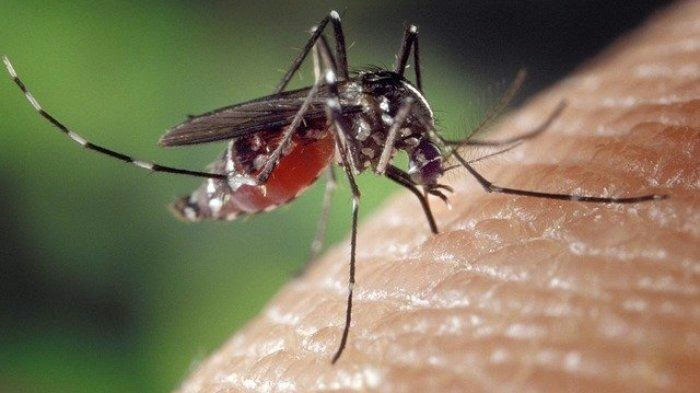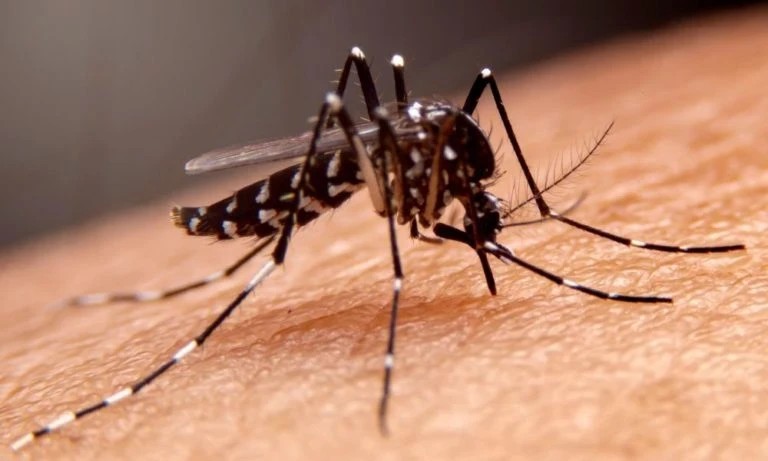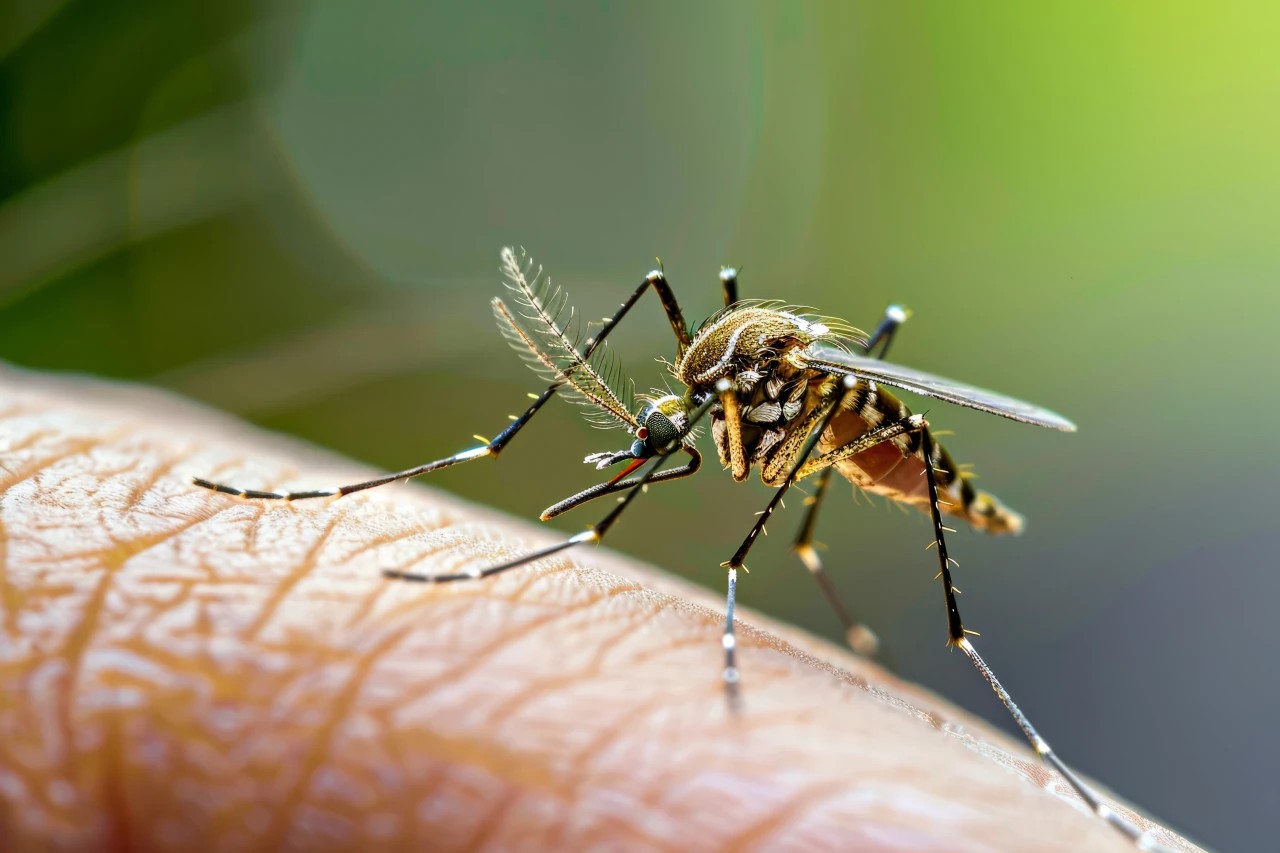Despite a slight decrease in the number of cases, Denpasar continues to report high levels of dengue fever. From January to July 27, 2025, 1,192 cases were registered, seven of which were fatal. The peak occurred during the rainy season at the beginning of the year: 167 cases were recorded in January and 316 in February. Subsequently, the incidence decreased, but from the end of May to the end of July, another 168 new cases were registered.

The Head of Denpasar Health Office, Anak Agung Ayu Agung Chandrawati, emphasized that people often seek medical help too late due to insufficient awareness of the symptoms. She urged maintaining environmental cleanliness, recognizing the early signs of the illness, leading a healthy lifestyle, and regularly eliminating mosquito breeding sites.
Dengue fever is caused by a virus transmitted through the bites of infected Aedes aegypti mosquitoes. Symptoms include a sudden increase in temperature, headache, muscle aches, nausea, weakness, rash, and in severe cases, bleeding. It's important not to delay visiting a doctor when they appear, as early diagnosis and treatment reduce the risk of complications.
Many misconceptions hinder effective prevention. Dengue can affect anyone, regardless of age and place of residence. Mosquitoes are active during the day, not at night, and can breed even in clean water. Repellents and fogging only help partially: the first measure requires regular reapplication, the second does not destroy larvae. The Qdenga vaccine reduces the risk of severe disease but does not replace protection from bites.
Even if mosquitoes are not visible, they can lay eggs in tiny containers with standing water, so it's important not only to use repellents but also to eliminate such sources. Having had dengue does not provide lifelong immunity: one can be reinfected with another serotype, and the disease often progresses more severely.



You can add one right now!